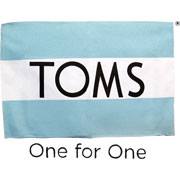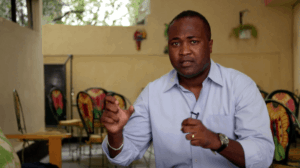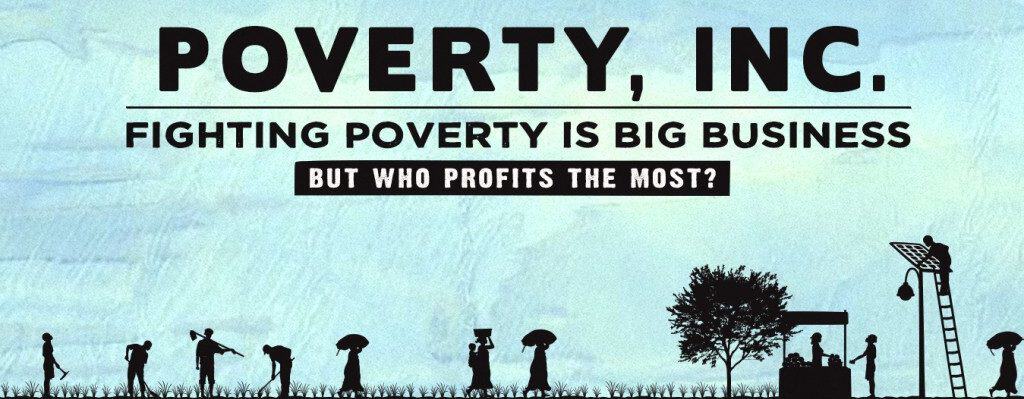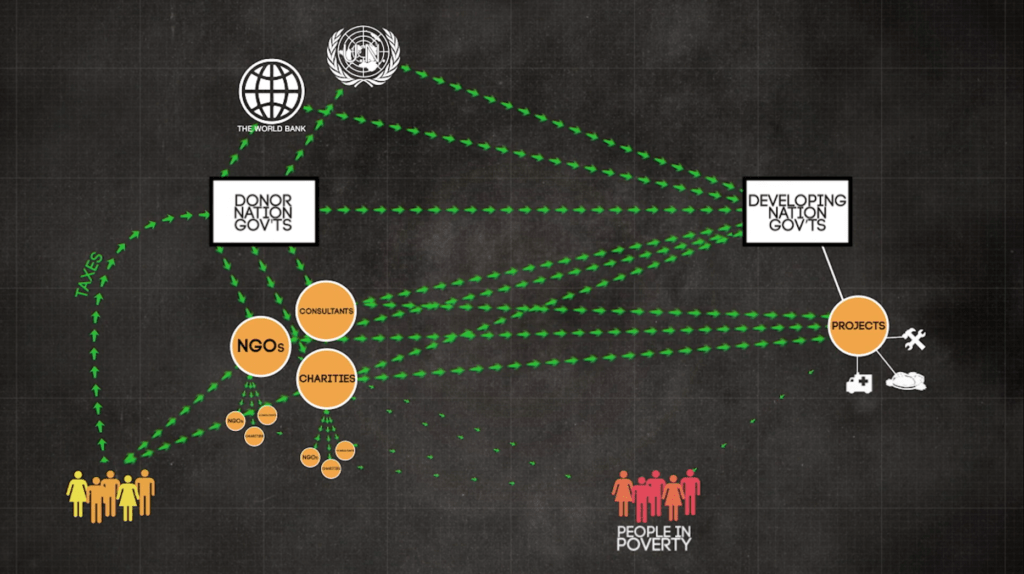I have just finished watching a fascinating documentary called Poverty, Inc.
As someone who regularly gives and encourages others to donate to charity, I was really interested when I saw this documentary pop up on the list for FMTV.
Poverty, Inc explores the money involved in “fighting poverty” and includes many interviews with people living in third world countries, explaining the difficulties they face. It explains how countries who give “Foreign Aid” money, actually dictate to those countries receiving the money how it is spent. They then often use contractors from the donating country meaning that the money actually ends up back in their pockets and doesn’t improve the country receiving the ‘aid’.
One man told the story of a friend who began an egg business in Rwanda. He bought chickens and started selling eggs in the community. A well-meaning church decided to send eggs to that same community, putting the egg man out of business. When the church moved on to other projects, the original business man was out of business and making no money, but the community once again had no access to eggs. They had to bring them in from another community. So that desire to help, actually in the long term made things more difficult.
Another lady explained how her mother used to buy her clothes that were made with cotton grown in Kenya. With the influx of donations of clothing, everyone along the supply chain from cotton farmers to clothing shop keepers have been put out of business and are no longer self-sustainable. Why would you buy clothes locally when you can get them for free?
I own a pair of Toms shoes. Their slogan is “One for One”. For every pair of Toms shoes purchased, they will donate one pair of shoes. I mostly bought my shoes because I liked the look and the comfort, but I was also drawn in by the possibility of my purchase allowing someone somewhere, who couldn’t afford shoes to be given a pair. What didn’t occur to me was that someone else somewhere was a shoemaker and was being put out of business because why would you buy shoes locally when you can get them for free?


Another issue that I have only read about in the last few months is orphanages and adopting ‘orphans’ from third world countries. You know the problem with adopting orphans? Many actually having a mother or a father (or both) still living! They just can’t afford to look after their children, so send them to the only place they will be fed, cared for and schooled, which is the local orphanage. Many of these parents still come to visit their children, they bring them gifts, they love them. Until a well-meaning couple, who have paid tens of thousands of dollars, turn up to take their child away. With the best of intentions, but sadly not the full story of how the child came to be in that orphanage.
Another company was employing many people in Haiti to make solar panels. After the natural disasters, solar panels were sent as donations to Haiti. The company sales plummeted and they could no longer keep their employees.
This is just a few examples of how our approach to poverty is actually perpetuating the problem. Our well-meaning donations and money may actually be putting local entrepreneurs out of business.
I will now be rethinking my monthly donations to some of these charities.
If you’d like to check out Poverty, Inc click on the link to FMTV below. It is a subscription based website but there are hours and hours of entertaining, educational and informative films, documentaries, guided programs, recipes and interviews all designed to improve your health and wellbeing.



